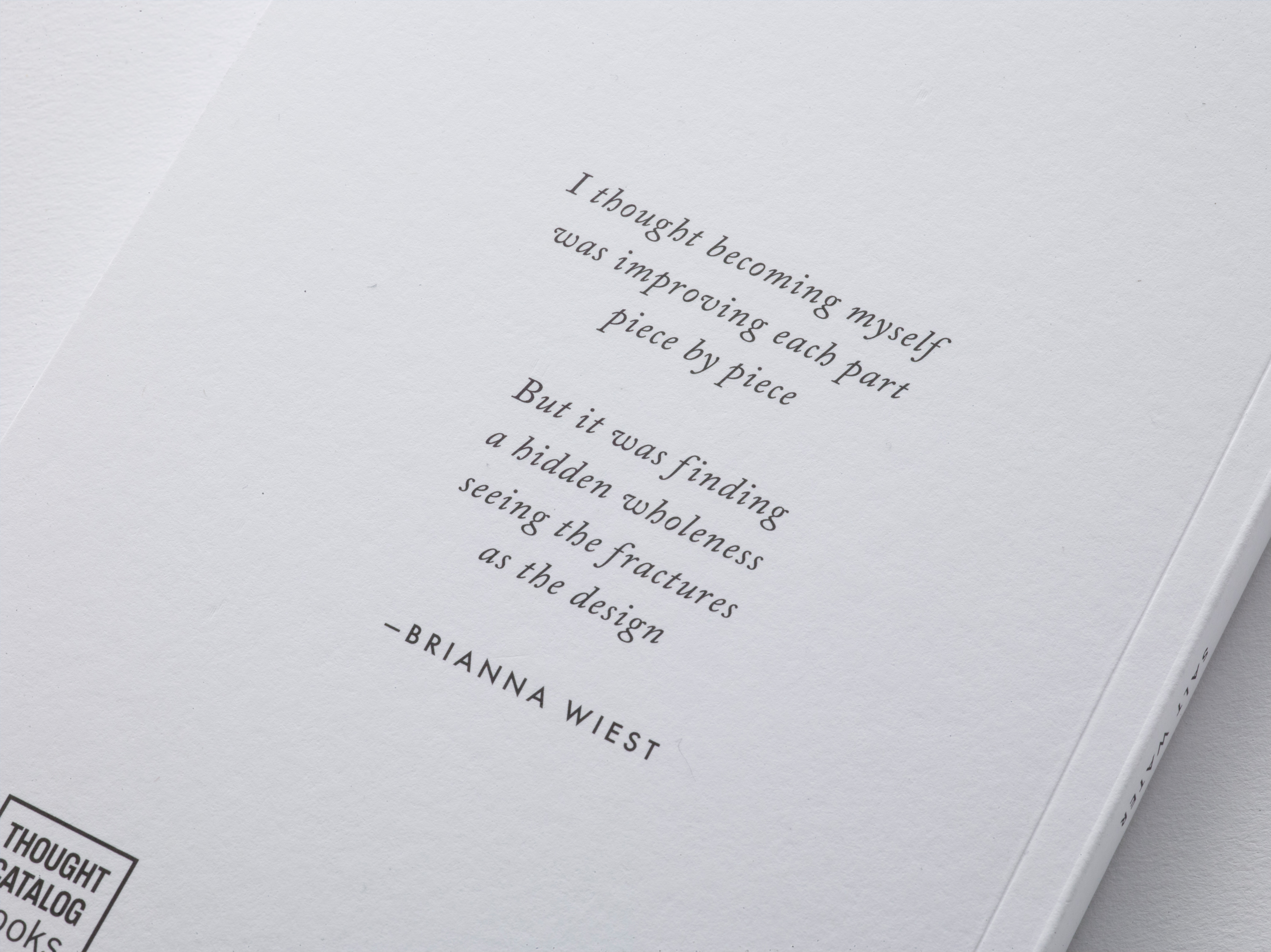“The Power of Language: Choosing Our Words to Reclaim Self Worth” with Rebecca Clegg, LPC, CEDS-S
The Power of Language: Choosing Our Words to Reclaim Self Worth
Becca Clegg, LPC, CEDS-S
I was talking with someone I care about recently, and the conversation took an interesting turn.
“I’m so fat” he said.
Immediately my heart sank; my body did a reflexive shudder.
“No, you’re not. Don’t say that”, was my immediate response. It was automatic, as though I was jumping in front of a verbal bullet for them.
“Ummm…yes…yes I am”, was his response to me. “I’ve gained weight…I have fat on my body. What’s the big deal?”
I just sat there without a verbal response, but my body was literally having a visceral response. I was so uncomfortable.
Ironically, he wasn’t! He didn’t seem phased at all.
I couldn’t stand someone I care about referring to himself as fat, and yet, in that moment it dawned on me, that he was just describing what he saw as an objective truth. I wanted to save him from something, but as I let it sink in, I saw that he didn’t need saving.
I did.
What struck me in that moment me was how much power the word FAT has in our culture.
FAT isn’t a description of a stored energy reserve that sits underneath the skin. FAT is a way in which we communicate to one another disgust, disapproval, and pain.
In our image and material obsessed world, our bodies have become weapons. They can be used as weapons against us – “I want to hurt you so I will shame your body so that you feel broken, wrong, or rejected”. And in turn, we can use them as weapons of defense – “I will alter my body to fit an externalized ideal so that no one will reject me”. The flesh suit that serves as the home for your spirit has gone from being a vehicle in which you experience this life, to being the human’s calling card of social worthiness.
This is why it is so critical that you be aware of how you talk to yourself and the language you use. If you are using language that is negatively connoted such as the word FAT is for many of us, you are in a constant state of confirming your unworthiness. I have a guess that my friend and his total lack of emotion associated with the word FAT is definitely in the minority, but it highlights that language that hurts us is different for all of us. FAT might trigger you, or it might not, but each of us has language that cuts deep and sends that message of rejection like an arrow to the heart.
Your relationship with language is up to you. You may choose to reclaim a word that once hurt you, and use it in order to neutralize the power it has over you. And you can also choose to avoid language that does not serve you, and eliminate certain words from your vocabulary all together. The choice is yours, and yours alone.
Ask yourself; how many times a day might you tell yourself you are in some way not good enough? How many times a day do you use language that harms to describe certain body parts as you pass a mirror? What are you really saying to yourself – doing to yourself – every time you utter this language?
You know that old saying, “sticks and stones can break my bones but words will never hurt me?’. Well, I don’t believe that. Words matter – and so do you.
You aren’t a “sensitive Sally”
You don’t need to just suck it up and try harder.
Your language and the words you (and others) say to yourself influence your behavior and motivation on a deep level. Often, when we feel unworthy, and “less than”, we lack the ego strength to develop sustainable, self-care habits necessary to take care of our bodies. If we feel that we are worthless, often times, we act that way. We engage in risky or self-harming behavior, we tolerate way more than our share in life, and we are so busy trying to prove our worth to everyone else that fail to create lives that serve us.
Our worth is not predicated on our body size, and until that becomes our reality, chances are our behavior towards our body will result in pain and frustration. As long as we are caught up in trying to alter our bodies to prove ourselves to a society that hasn’t even bothered to get to know who we really are, we will be caught in the trap of people pleasing and contingency based acceptance (i.e. I believe people will only like me if I look or act a certain way).
Today see if you can commit to kindness over criticism. See if you can avoid cruel and hurtful internal dialogue. Perhaps you can choose to stand in front of a mirror and say something kind, or find a quality you like and note it mindfully. Language matters and you do have a choice over the language you use, both in your mind, and spoken.
*The opinions and views of our guest contributors are shared to provide a broad perspective of eating disorders and not intended as endorsement by iaedp Foundation, Inc. or its Board of Directors.*






